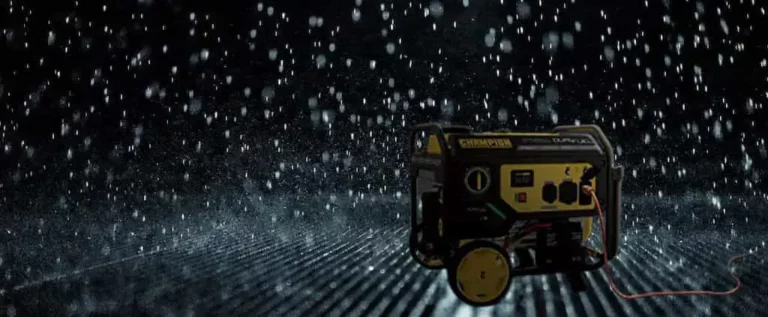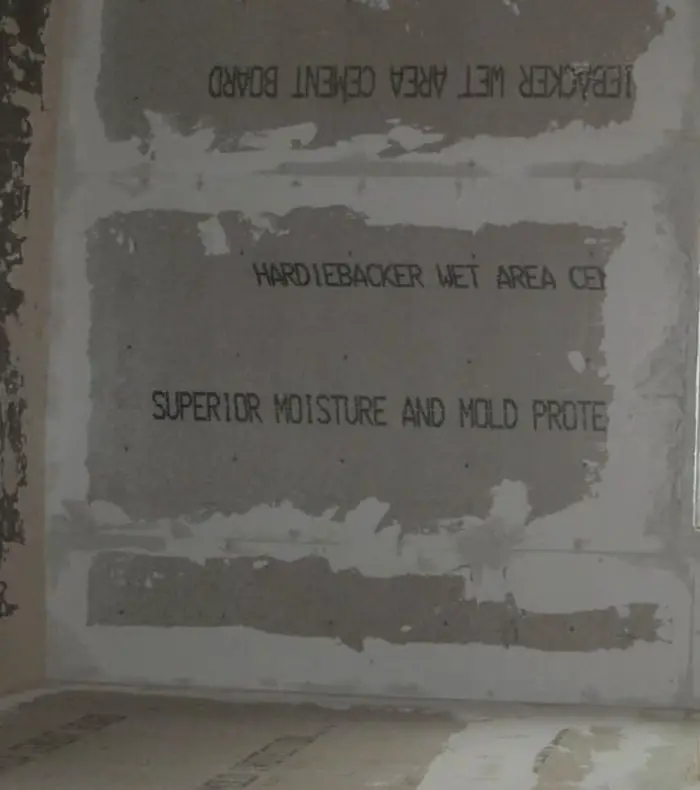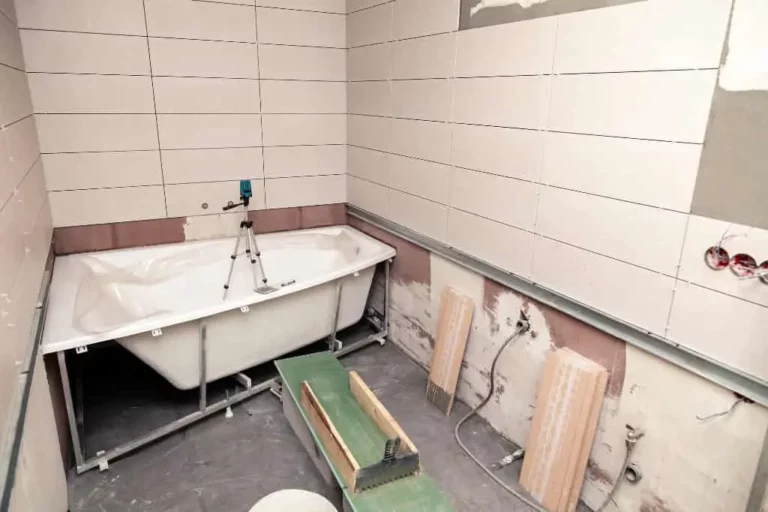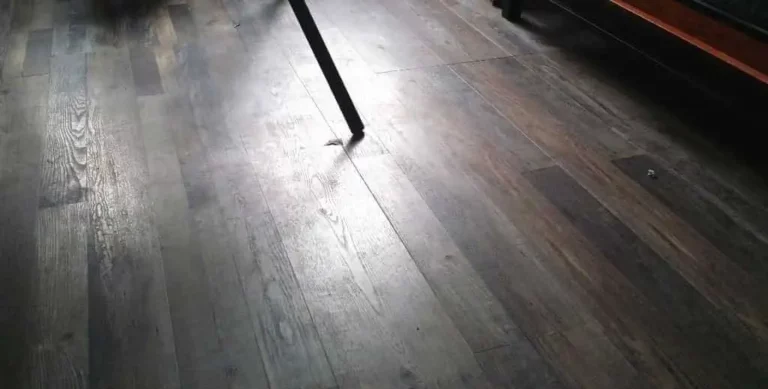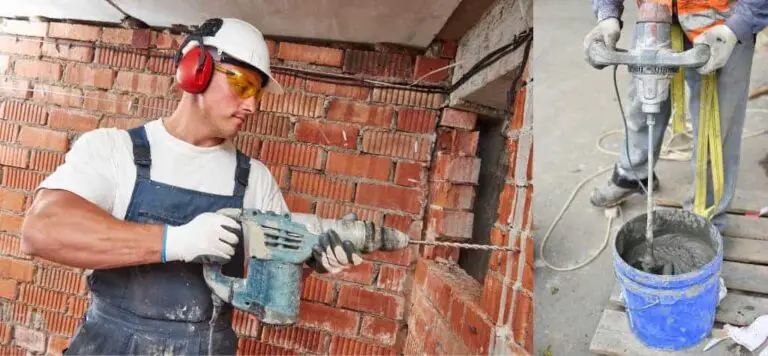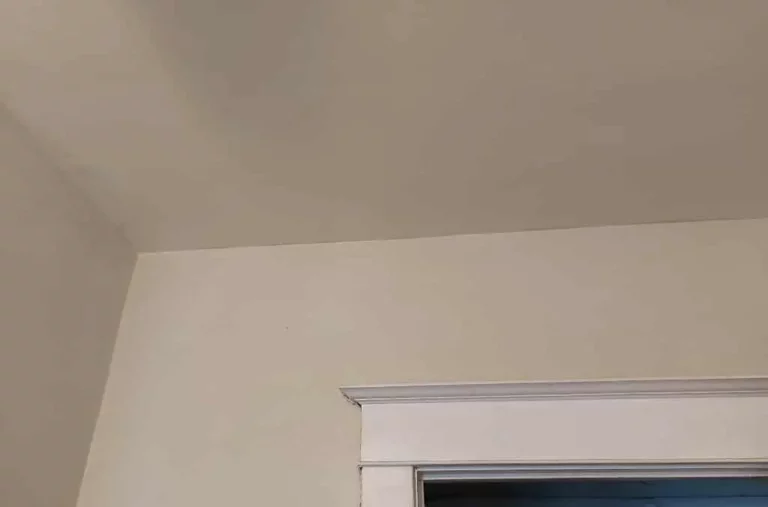Drywall or cement board for fireplace: How to decide
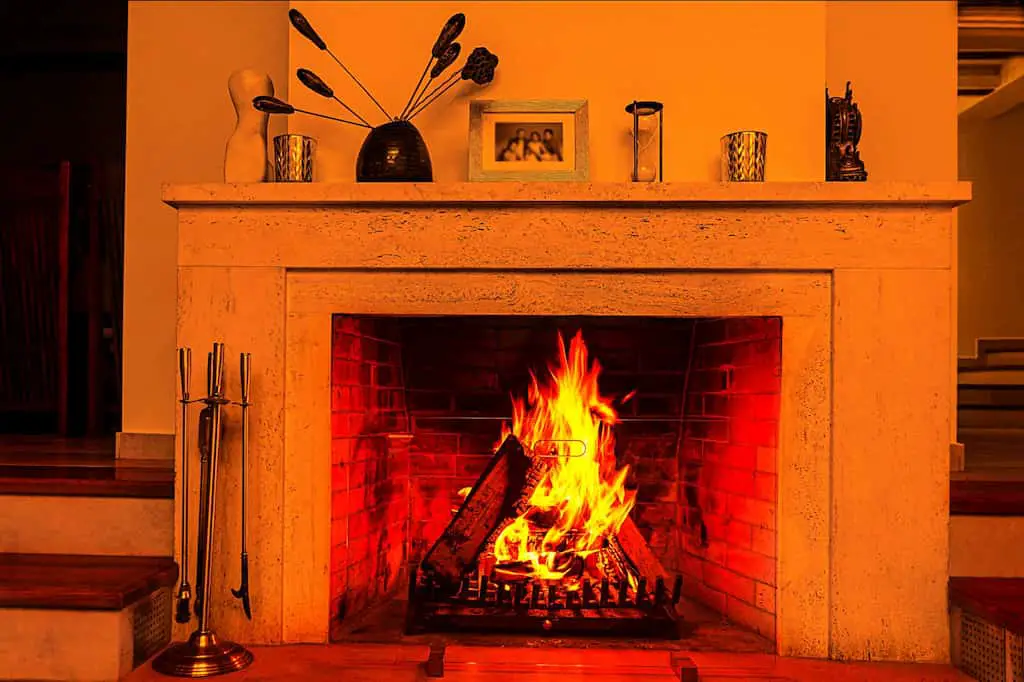
Installing a brand-new fireplace can be frustrating if you don’t know the base materials. Although they might seem insignificant when it comes to the appearance of the unit, the underlying material plays a massive role. Two of the most common choices include drywall and cement board, both of which are worth looking into.
When it comes to drywall or cement board for a fireplace, drywall is cheaper but cement board is much more durable. Cement boards comply with most fire codes, whereas drywall isn’t allowed. Drywall is highly flammable. Plus if you are using heavy tiles should use cement boards.
Throughout this article, you’ll learn the following info about choosing drywall or cement boards for your fireplace:
- Pros and cons of both options
- What you need to know before making the final decision
- How you can choose between cement boards and drywall
Should You Choose a Cement Board for Your Fireplace?
Cement board is becoming an increasingly popular choice for fireplaces and many other DIY house modifications. It’s durable, long-lasting, and it doesn’t weigh too much to handle by one’s self. If you’ve been thinking about ordering a bunch of cement board to line your fireplace before covering it, then there are a few things you should know.
If you looking for a cement board for fireplace, check out the best cement board on Amazon.com
Pros of Cement Board
- Cement board lasts for many decades before needing repairs. It’s incredibly tough, despite the fact that it’s not the heaviest material. As long as you know how to properly install cement boards, you don’t have to worry about it cracking or crumbling. High-quality cement boards are ultra-durable.
- It’s incredibly easy to install without any professional help. You don’t need to hire a bunch of experts to help you install everything, though it doesn’t hurt to have some peace of mind. Cement boards are lightweight enough for you to hold them in place while they dry for a few minutes.
- It complies with almost any building code in the country. The City Data community states that cement boards are often chosen over drywall because you can install tile without worrying about breaking local building codes. Fire and building codes can wreak havoc on your homeowner’s insurance if you have to make a claim.
- You don’t have to worry about water damage very often. Since cement boards form a tight seal with the wall, there’s no room for water to build up. Not only does this mean that they won’t ripple or fall out of place, but it also means you won’t have to deal with mold. Both issues could prove to be severely problematic.
- You can install any type of tile on top of cement board. Since cement boards are so tough and durable, they can handle a lot of weight. Pick out your favorite tile without worrying about constricting weight limitations. Note: Always check the capacity of any materials before adding tile over the fireplace.
Cons of Cement Board
- They’re not too heavy, but they’re definitely heavier than drywall. If you have joint and muscle pain, then cement boards can be a bit of a challenge to handle. However, this isn’t much of a downside if you’re hiring someone else to get the job done. It’s worth noting if you’re DIYing the project, though.
- Cement board can shatter a fireplace’s foundation if it’s not installed properly. If you’re installing cement boards and they’re not properly secured to the fireplace, they could come crashing down. Anything in the way will break, including the tile that’s resting on top of it.
- It’s much more expensive than most competing materials. It’s no secret that you get what you pay for. If you want the best materials, you’ll have to pay more money. Cement boards aren’t cheap because they’re some of the best products in the industry for mounting over your fireplace.
It’s up to you to decide whether or not the pros of cement boards outweigh the cons. Before you make your decision, head onto the next section to learn about the advantages and disadvantages of using drywall for a fireplace.
Is Drywall An Acceptable Alternative?
Now that you’ve seen everything there is to know about cement boards, it’s time to learn about drywall. You’ve probably read about drywall being used all over most modern homes. It’s an essential component that provides lightweight insulation and a decent sound barrier. However, these factors aren’t always useful when it comes to installing a fireplace.
Pros of Drywall
- Drywall is one of the cheapest materials in the industry. If you’re on a tight budget, then there’s no doubt that drywall will be the better choice. It’s super cheap because it’s easy to produce, it’s ultralightweight, and it’s used to build almost every modern house. It’s also readily-available across the country.
- It’s incredibly lightweight compared to cement boards. A lot of people prefer to use drywall because it’s not as heavy as most other building materials. It’s a great choice if you’re refurbishing an old fireplace that can’t handle too much weight. You’ll also be able to handle it easier.
- You can install many different types of tile over drywall. Although it’s not as tough as cement board, drywall can handle quite a bit of weight if you purchase the high-quality variant. Keep an eye on its weight capacity, compare it to the weight of the tile that you want to use, and start working.
- A lot of contractors prefer to work with drywall. There have been countless mentions of contractors having to tear down portions of a home to replace the brand-new drywall with cement board due to a customer’s preference. They love working with drywall because it’s easier, but make sure you ask for their opinion beforehand.
- It blends with the rest of your home. As you’ve read numerous times on this page, drywall is commonly found in millions of houses and apartments. You don’t have to switch your building materials if you use drywall on your fireplace. You can paint it or install tile, then you’re good to go.
Read my article about Cement Board Vs. Drywall: The Ultimate Comparison to know what is more waterproof and durable
Cons of Drywall
- Drywall can cause severe water damage, in some cases. If there’s any moisture underneath the tiles, it’ll soak the drywall. When drywall has water on it, it starts to get bubbly, moldy, and rotten. These three effects can ruin the structural integrity of your fireplace, causing it to break down.
- It’s not always up to fire and building codes. Unfortunately, a lot of codes require a heavy-duty material. Drywall is far from heavy-duty, given the fact that most people can punch a hole through it without trying. Again, anyone getting their fireplace resurfaced should contact multiple expert sources.
- Low-quality drywall can become brittle under the pressure of tiles. Always get high-end drywall when you’re using it on your fireplace. The last thing you want is a hazardous money pit.
Conclusion
Generally speaking, cement board is the better choice for a fireplace. It might not be as affordable as drywall, but there’s no denying its strength, durability, and longevity. Regardless of which material you prefer, remember to always contact a professional before performing DIY projects on your house.
Here’s a quick rundown of everything that this post should’ve taught you:
- Drywall is much lighter than cement board, but it’s not as tough.
- Water damage can ruin drywall, but cement boards will remain intact.
- Contact a builder to learn if you’re allowed to use drywall on your fireplace.
- Consider the size and weight of the tiles (or anything else) that you put over the material.
- Both materials perform better when you purchase the high-quality variant.
If you wan to install shiplap read Do You Have To Drywall Before Shiplap?
